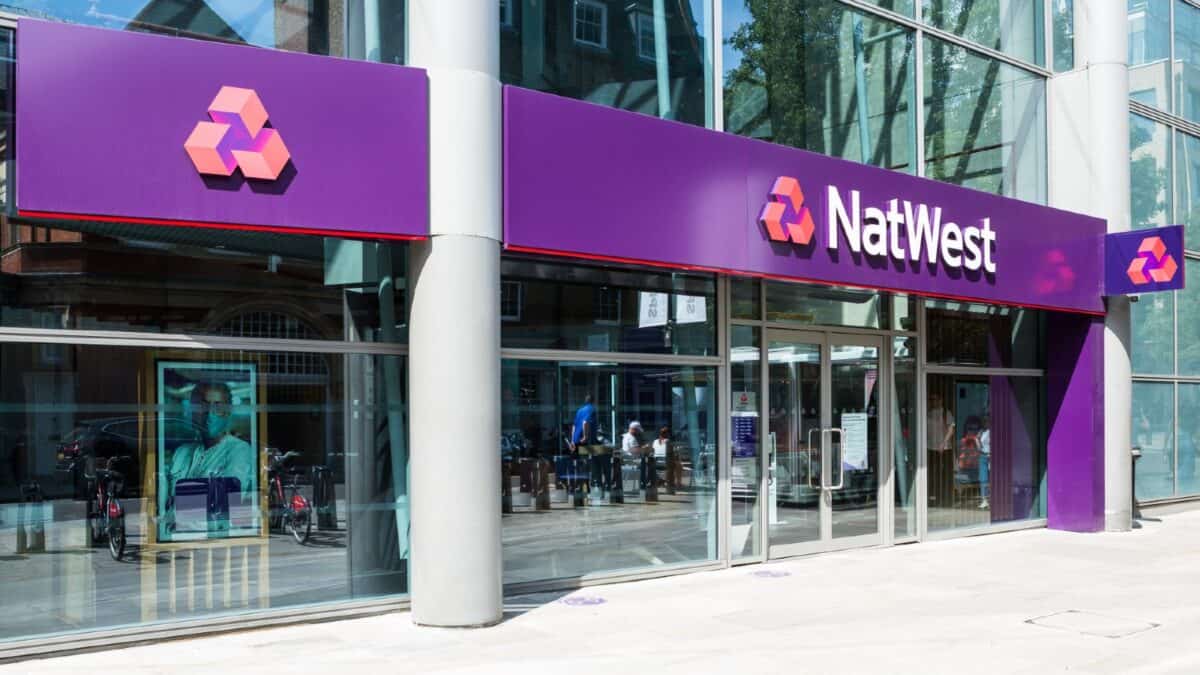Excerpt: The NatWest share price isn’t showing signs of slowing down after an outstanding 12 months. Is it too late to buy the stock, or is there more to come?
The FTSE 100 did well in July, climbing 2.5%. But that’s not much compared to the NatWest (LSE:NWG) share price, which jumped 17% during the month.
The performance was driven by a few things, some of which also helped other bank shares. The biggest catalyst, though, was a strong earnings report from the company itself.
Earnings
There were two big highlights to NatWest’s earnings report. The first was an expansion in lending margins – a crucial measure of the bank’s profitability.
Net interest margins went from 2.05% during the first quarter of the year to 2.1% in the second. That’s positive, but Lloyds Banking Group managed 2.93% margins during the same period.
There is, however, an important difference between the two. While NatWest’s margins widened between April and July, Lloyds saw its margins contracted – they were 2.95% in the first quarter.
In other words, NatWest is moving in the right direction where Lloyds isn’t. And that’s why the stock performed better than its rival in July.
Growth
The good news for investors wasn’t limited to stronger margins. The company also managed to grow its loan book during the period, with the acquisition of £2.5bn in mortgages from Metro Bank.
These are prime mortgages with an average loan-to value of 62%, which is higher than NatWest’s current average. This should mean the risk of the bank losing money is relatively low.
Over time, the interest on these should result in higher earnings. But I think the news is more significant than just future profitability.
Since 2008, NatWest has had a reputation for being a bank that needs support. The company making acquisitions, though, is one of the clearest signs that things have changed.
Sale: canceled
The other major news for NatWest shareholders is that the UK government’s proposed sale of its stake in the bank has been canceled. That’s the result of the general election outcome.
I don’t view the government owning a significant stake in the bank as a good thing for shareholders. But I also don’t think a public sale would have been a positive thing.
Any sale would either have to take place at a price above or below the prevailing market level. But while a discount would be bad for the public, it’s hard to see why anyone would be willing to overpay.
As I see it, the best outcome is for the government to unwind its ownership of NatWest over time, returning it to private shareholders. And that seems to be the path going forward.
Should I buy NatWest shares?
NatWest has been one of the best FTSE 100 stocks of the last year. Part of this has been a helpful interest rate environment, but the company has clearly made some improvements of its own.
From my perspective, I still think Lloyds is the stock I’d buy if I were looking to invest in a UK bank today. But I wouldn’t bet against NatWest in future.
This post was originally published on Motley Fool





